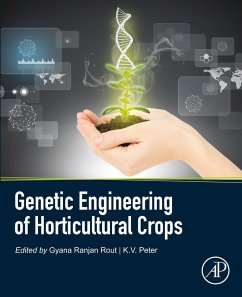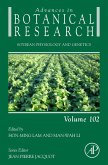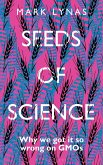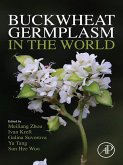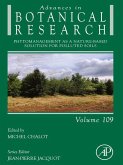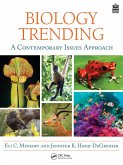Genetic Engineering of Horticultural Crops provides key insights into commercialized crops, their improved productivity, disease and pest resistance, and enhanced nutritional or medicinal benefits. It includes insights into key technologies, such as marker traits identification and genetic traits transfer for increased productivity, examining the latest transgenic advances in a variety of crops and providing foundational information that can be applied to new areas of study. As modern biotechnology has helped to increase crop productivity by introducing novel gene(s) with high quality disease resistance and increased drought tolerance, this is an ideal resource for researchers and industry professionals. - Provides examples of current technologies and methodologies, addressing abiotic and biotic stresses, pest resistance and yield improvement - Presents protocols on plant genetic engineering in a variety of wide-use crops - Includes biosafety rule regulation of genetically modified crops in the USA and third world countries
Dieser Download kann aus rechtlichen Gründen nur mit Rechnungsadresse in A, B, BG, CY, CZ, D, DK, EW, E, FIN, F, GR, HR, H, IRL, I, LT, L, LR, M, NL, PL, P, R, S, SLO, SK ausgeliefert werden.

